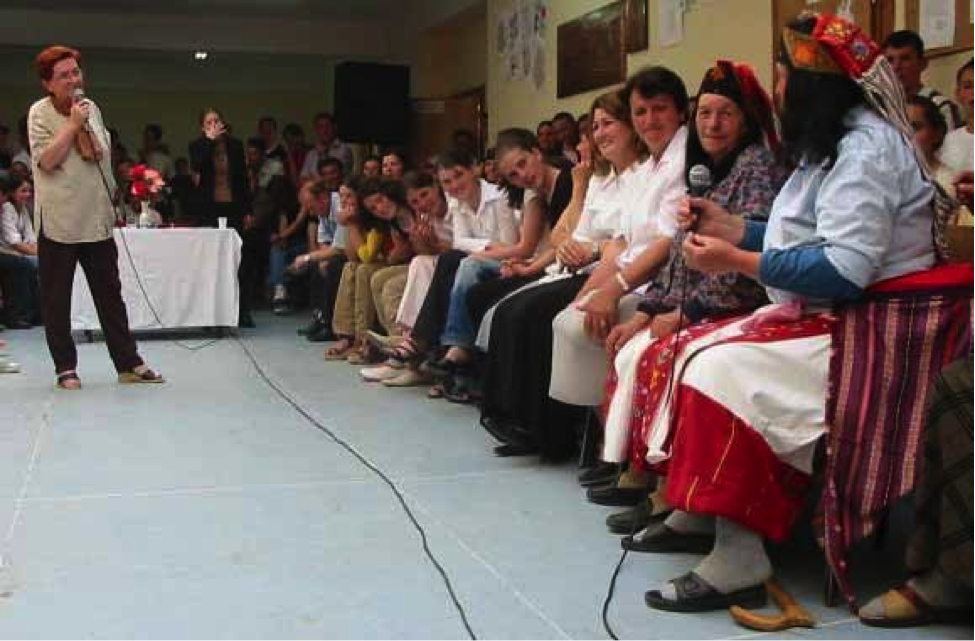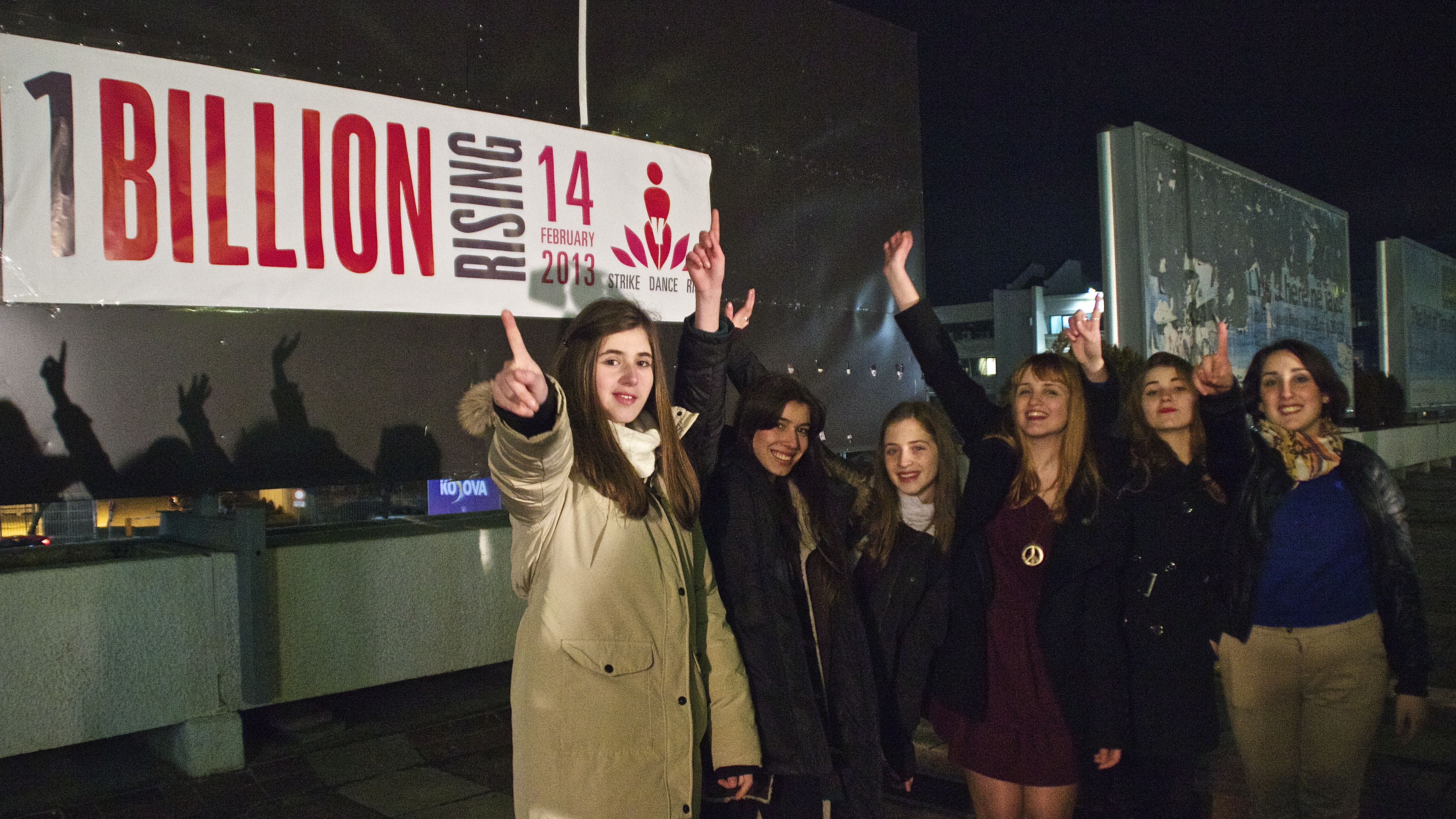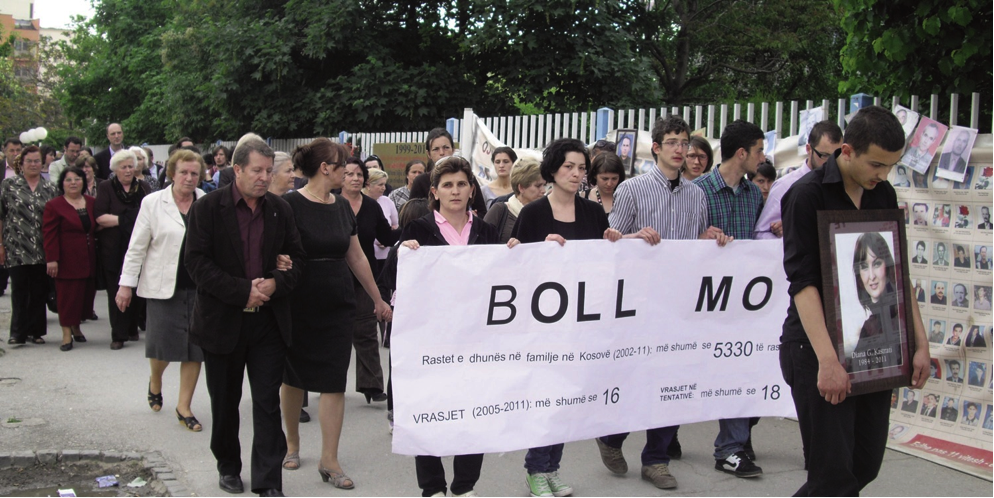Civil society representatives, the local gender equality officer and police in the Municipality of Dragash knew they needed a mechanism for reporting domestic violence. Domestic violence exists within their municipality, but people hesitate to denounce it.
Due to Dragash’s high mountain location, far from opportunities for higher education, women there tend to have lower levels of education. This limits their economic and thus social freedom. They feel “controlled and managed” by the unwritten social rules that preside there, said women’s rights activist GjejraneLokaj from the Women’s Initiative Association, a KWN member organization. She and other civil society representatives, the gender equality officer and police decided to bring these issues to the attention of local and international institutions.
They found support from UN agencies, which piloted a project on gender-based violence in Dragash. The UNDP-supported Municipal Coordinator against Domestic Violence organized regular meetings among civil society, international organizations, police, judicial institutions, municipal directors of different departments, decision making bodies and other actors dealing with this issue. These meetings resulted in the establishment of a Mechanism against Domestic Violence, involving the aforementioned actors. The mechanism has elected its leadership, and is creating its own official documents, which will make the mechanism official and enable it to continue its work on a legal basis.
Potential victims of domestic violence can contact the Mechanism’s members. “Our names are public and we are close to citizens, in order to make reporting violence easier,” Gjejrane said, as one of the mechanism’s founders. “One of our mottos is: it’s not a shame to be a victim of violence; it’s a shame to be a perpetrator, so please denounce violence.”
In November-December 2012, the Mechanism’s members carried out an awareness-raising campaign against domestic violence, targeting students from 6th grade to high school, school directors and women’s groups. They have since seen shifts within their society.
“The motivation and will to end violence was extensive,” Gjejrane said. “Reporting of domestic violence has increased, as has the awareness of potential victims and of people who assist potential victims. This topic is no longer taboo. People no longer have prejudices, and they often have concrete ideas on how to prevent it.”
The Mechanism’s members also have advocated successfully for a comfortable interview room at the municipality’s police station, as well as a room with toys for children for when they meet parents who do not possess child custody.
In the future, they plan to address gender-based psychological violence, particularly in the workplace; advocate for more women to join the police force in Dragash municipality (the only police women travels daily and thus is not always available to respond to violence); and contribute to creating a police database for recording cases of violence in the municipality.






